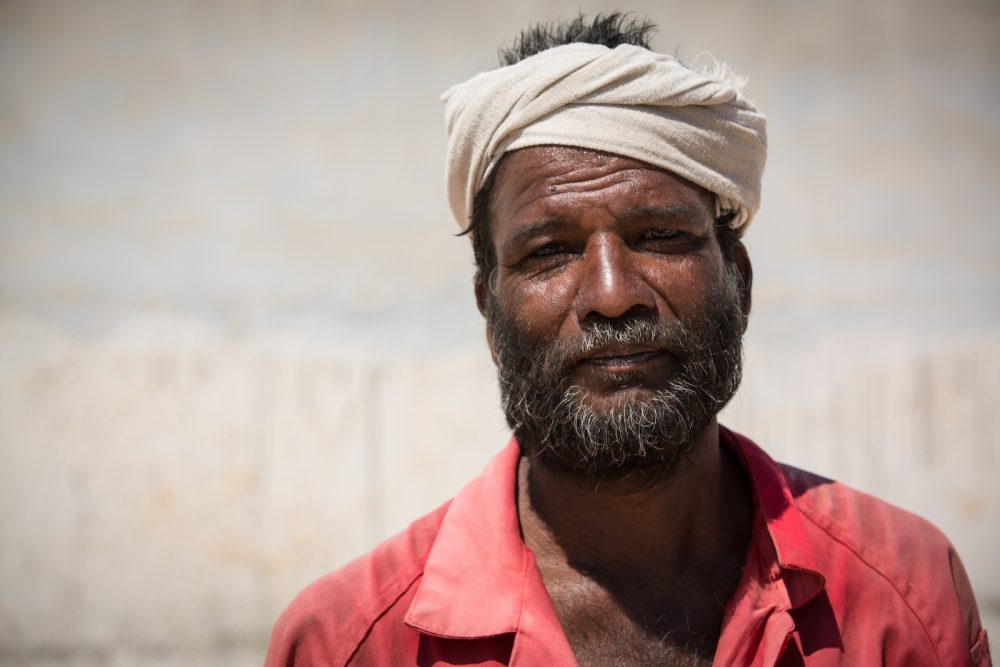We drove into the small Muslim village, a cloud of dust trailing behind us. It was midday, and my wife and I had arrived to help our local friends prepare for a traditional baby naming ceremony for their newborn son.
I’d been assigned to help prepare the meat with Rashid, the butcher. When we arrived, Rashid was already carving a freshly slaughtered sheep. He cut an imposing figure with his full beard, stoic face, and large butcher knife.
And he seemed to take it personally that I am a follower of Jesus.
“How can Jesus be the Son of God?” Rashid demanded. “Do you really believe God had a physical union with Mary?”
I held a slab of meat between my hands, waiting for him to slice into it. This didn’t seem like the best time to launch into a debate about Jesus’ sonship, the most contested doctrine Muslims hold against Christians.
Rashid seemed to take it personally that I am a follower of Jesus.
“Jesus Christ is the Son of God because He comes from God,” I answered. I pointed out that in colloquial Arabic, Rashid is called a “son” of the village where he comes from. It’s a term based on origin and source—not a product of marital union.
Then I shared that in the gospel of Luke, an angel told Mary the Spirit would come upon her and the Holy One born to her would be the Son of God (Luke 1:35). “Jesus Christ is the Holy One,” I said, “who has come from God.”
Rashid paused and considered these ideas. Meanwhile, I silently asked God to show him the truth—just as He revealed to Peter that Jesus Christ is the Son of the living God (Matthew 16:16-17).
After preparing the meat, we turned our attention to putting up a large tent where guests would gather. Rashid seemed to be warming up to me, and behind his intimidating disguise, I discovered a heartbroken father.
Rashid’s anger was meant to cover up his desperate cry for God’s love and approval.
He shared how two of his daughters had been born with major health problems and had died. Another child was born with a cleft palate, a displaced ear, and eye dysfunction.
People in Rashid’s society believe that a child’s disability is a direct result of the parents’ sin. It’s similar to what we read in John 9 when the disciples ask Jesus whose fault it is that a certain man was born blind. They placed the blame on the parents.
Rashid felt accused for all the challenges his family faced, and becoming ultra-religious was his attempt at atonement. His anger was meant to cover up the guilt and hide his desperate cry for God’s love and approval.
“Rashid, you are a good man,” I told him. His shoulders softened, and for the first time in our conversation, I saw his guarded exterior relax. “God loves you and cares for you just as you love your children and care for them.”
I told him about Jesus Christ’s words in John 9:3: “It was not that this man sinned, or his parents, but that the works of God might be displayed in him.”
Pray that the mighty works of God will be displayed in Rashid’s family as I continue meeting with him. Pray that he will no longer try to cover his wounds with the poor salve of religion—but instead invite Jesus Christ to truly heal him.
When sharing the Gospel doesn’t go as planned, Uday asks a Frontiers field worker for help.
This account comes from a long-term worker. Names and places have been changed for security.
